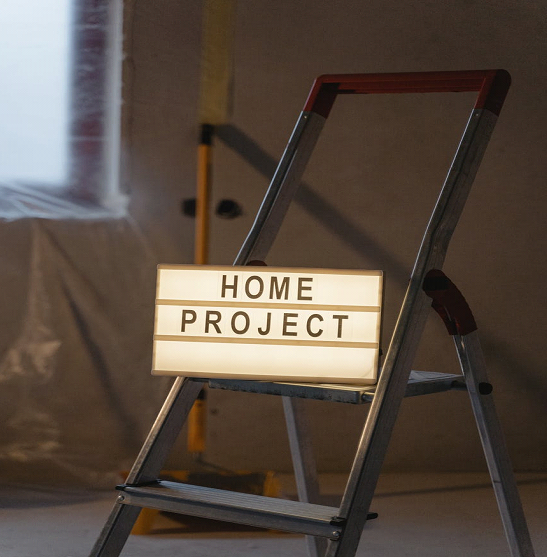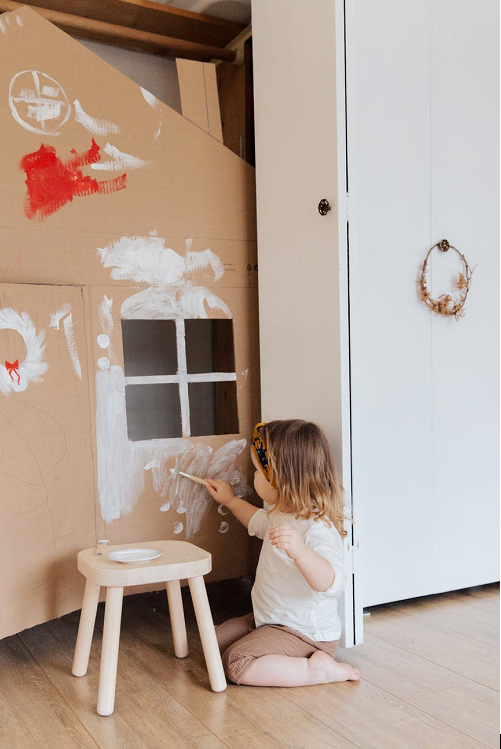VAT grant scheme Malta and home restorations. How does it work?

As January rolls around, many of us are looking into kicking off the new year with home restoration workshops. These could either be to existing properties that simply need a facelift, or new purchases that need that final touch to make them into a dream home.
But with Christmas still a recent memory, a lot of people are still keeping a close eye on their purse strings having felt the financial pinch after what was quite a hard year for most.
As reported on Times of Malta, the good news is that the Maltese Government, when unveiling their budget for 2022, made specific reference to the new VAT grant scheme for home restoration or rehabilitation, which has the potential for those who are successful, to save up to €54,000 per application.
Below we provide information on who is eligible, what properties can be used in the application, and a few other key points to help you navigate the fine print and make the grant work for you.

So who can apply?
Source: Pexels.com
Credit: Tima Miroshnichenko
Requirements to be eligible for the grant are seemingly quite easy to achieve, with the core necessities being that the applicant is a Maltese resident over 18 old, and that the associated property is within an urban conservation area or at least 2 decades old, but has remained vacant for at least the past seven years. New builds that have been completed in line with the “guidelines” also fall within the suitable criteria, although these are still being established. The main guideline is that applications cannot be made on properties that have been split as a result of the renovation works. If the number of units within the property remains the same, the grant is still applicable.
Is there anything that would prevent me from being eligible for the VAT grant for home restoration?
Unfortunately, there are still several exceptions to being able to secure the grant. The majority of these are in order to assist the government in eradicating illegal or unplanned works or renovations. So if your property still requires sanctioning or was built without the correct paperwork, you won't be eligible. In addition to this, any applications for properties with pending PA enforcement or regularisation cases will also be dismissed.
What does the grant cover?
Any home restoration comes with a long list of associated costs. The good news is that the vast majority of these are covered by the grant. As long as your property is designated for private use within a UCA, everything from interior and exterior finishing works, electrical and plumbing, through to doors and bathrooms, are all included. Labour, materials and associated fees also benefit from the grant, however specialist fees such as architect and consultancy costs will be capped at 10% of the total eligible associated cost.

Source: Pexels.com
Credit: Tatiana Syrikova
How do I apply?
Grants can be applied for on more than one property, however a separate application will need to be made for each one. You can also split your application over both restoration and finishing phases, although requirements differ depending on the property.
A UCA property requires a certificate from the planning authority confirming it does in fact fall within the UCA.
Properties that are over 20 years old but have been vacant for at least 7 years will require documentation from ARMS regarding utility bills that will confirm the properties vacancy. They will also need certification by an architect regarding the date of construction.
New properties will be the toughest to apply for given that there is a requirement to have certification from a “designated authority” ensuring conformance to “guidelines”, both of which are still to be established.
There’s no need to rush
The scheme is to remain open through until December 2024 which allows plenty of time for those wishing to apply to consider the works and gather all the associated documentation required in order to apply. This can all seem very overwhelming, however the agents of Zanzi Homes are well informed to guide you. Feel free to pop into one of our branches, or contact us and we can help you make the best decision.